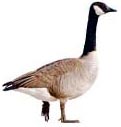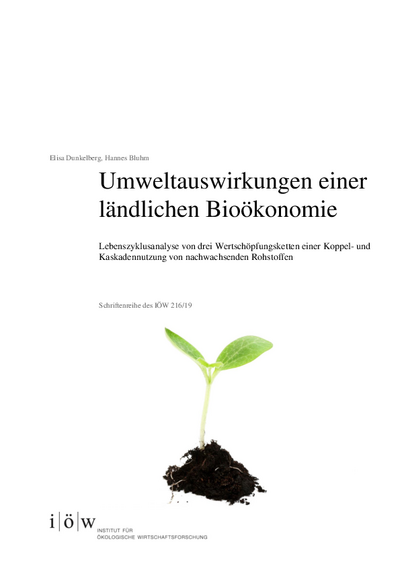Environmental Impact of a Rural Bioeconomy Life cycle assessments of three value chains of bio-based raw materials
The aim of the National Policy Strategy on Bioeconomy is to pave the way for a sustainable economy based increasingly on sustainably produced renewable resources, as well as biogenic residues and waste. In this context, the question arises what potential of a rural bioeconomy exists in Germany, when taking into account technical, economic and ecological aspects. The report presents the results of Life Cycle Assessments (LCA) of three value chains. The three value chains are: nutrient extraction and fibers from fermentation residues from biogas plants, hemp fiber fleece for the production of a fiber insulation material, and grass pellets for the production of paper cardboard. The Life Cycle Assessment study shows to what extent and under what conditions the use of the selected bio-based products is associated with ecological benefits compared to potentially substitutable reference products and systems, and which aspects from an ecological perspective must be taken into account when implementing these value chains. The results show that the bio-based products do not per se yield environmental advantages. During cultivation as well as in processing phases or process integration, risks of increased emissions may occur. Based on the LCA results, the authors identify measures to mitigate negative environmental impacts along the value chains, e.g. optimized fertilizer management, substituting fossil-based product components or process integration focusing on on-site technical conditions (e.g. the use of available excess heat in other processes).



